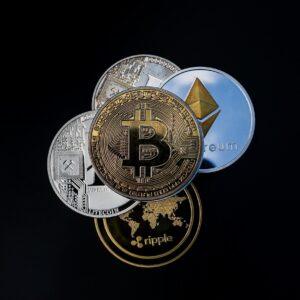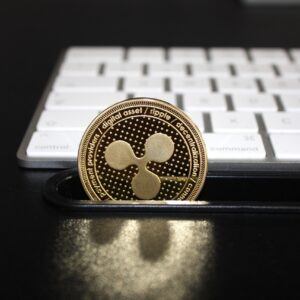As Ripple battles the SEC in court, a prominent legal expert has weighed in on a crucial aspect of the case: whether or not Ripple sold XRP as a security.
In the ongoing case of “SEC v Ripple Labs Inc. et al. No 20-ev-10832 (AT) (SN) (S.D.N.Y)“, Jeremy Hogan, a partner at the American law firm Hogan & Hogan, has been closely following and commenting on the legal battle, which has been going on since December 2020. Hogan has taken to Twitter to provide his insights on why he believes Ripple did not sell XRP as a “security.”
On April 9, Hogan explained that XRP could only potentially be considered a security under the definition of an “investment contract.” He pointed out that the SEC also uses this term in their arguments. The analysis for an “investment contract” is governed by the “Howey” case and its subsequent cases. The Howey test determines if an investment is in a joint enterprise with an expectation of profits from the efforts of others.
Hogan argued that the SEC has yet to demonstrate that there was an implied or explicit contract of investment in the Ripple case. Instead, they have only focused on the purchase agreement. However, Hogan says a simple purchase cannot be considered an “investment contract” without any obligation for Ripple to take any action beyond transferring the asset.
On April 14, Hogan provided further insight into his argument. He mentioned that District Judge Hon. Analisa Torres, who presides over the case, recently cited the original Howey test, which states that purchasers must have sought profits “solely” from the efforts of others. This word “solely” has been softened in subsequent decisions but is still noteworthy.
Hogan went on to say the SEC’s expert witness was hired to provide an opinion on whether XRP purchasers were relying on the efforts of Ripple. However, the judge struck that part of the testimony in a recent order. He also mentioned that another SEC expert witness had testified that Ripple manipulated the price of XRP but that there is no evidence that XRP purchasers knew anything about this alleged price manipulation. In fact, the expert states that Ripple’s actions were being done in secret so people wouldn’t know, claims the American lawyer.
In contrast, Hogan says, Ripple has witnesses testifying that XRP was publicly deemed a currency and an asset, not a security. He points out that while the SEC has found a few XRP holders claiming otherwise, Ripple has thousands of XRP buyers to counter those statements. Hogan concludes that no reasonable juror could view the evidence presented by the SEC and conclude that the SEC had met its burden of proving the third prong of the Howey test. Therefore, his legal opinion is that Ripple should win.







